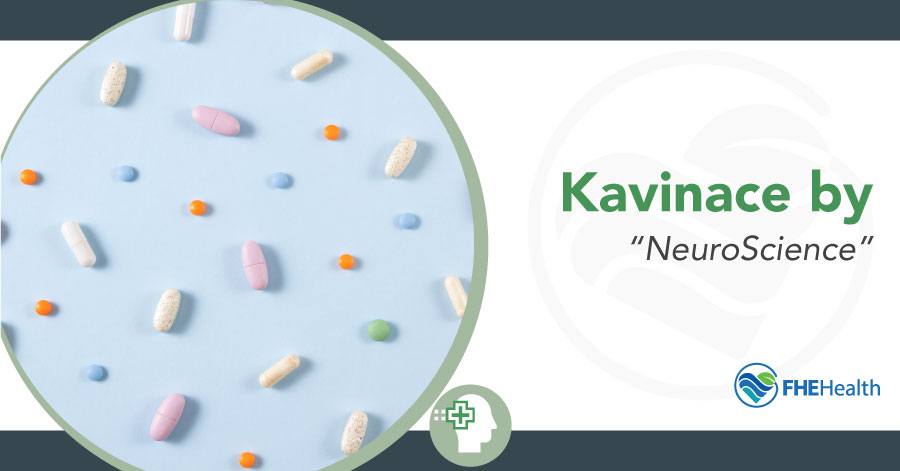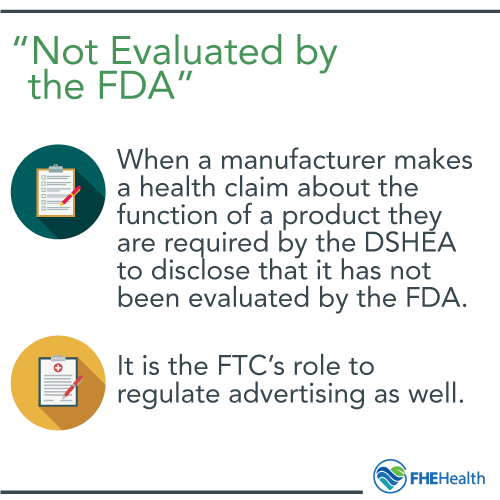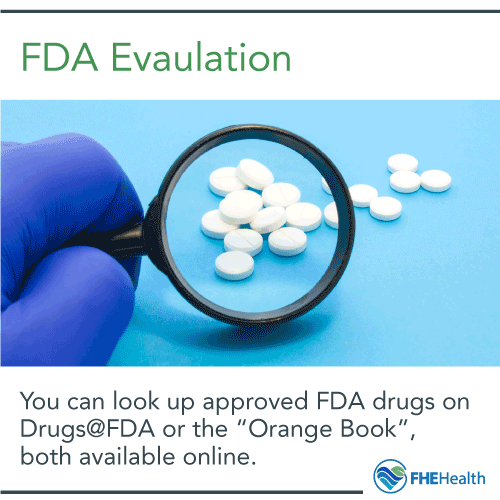
Mental health is a fragile subject. As a topic that was previously heavily stigmatized — and is still stigmatized in mainstream culture to a point — talking about mental health isn’t always easy. While more and more celebrities are speaking out about their own challenges, like Lady Gaga and Dwayne “The Rock” Johnson, those living with conditions like anxiety and depression aren’t always willing to say something to those around them. As such, it’s common for these individuals to suffer in silence and attempt to fix problems, overcome symptoms or live with side effects without the benefits of intervention.
For those who want to feel better but are not comfortable telling friends and loved ones, meeting with a psychologist or psychiatrist or entering into an inpatient program, at-home solutions may seem like an easy out. This can mean taking advice from websites, airing grievances and seeking help on online forums or even taking supplements like Kavinace.
Supplements for Mental Health
Supplements, like vitamins and minerals, are in a unique space in the treatment world Many are not formally acknowledged by the scientific community or are not approved by the typical methods. They can be seen as a way to round out daily nutrient requirements not met by food alone, or as a hidden cure for conditions not normally treated. Many advocate that supplementation has many advantages. There is no doube that a well-balanced approach to nutrition can affect all aspects of life, improving both mental and physical health to a particular degree. Things like B vitamins, for example, can improve both overall health and mental performance, offering well-rounded benefits for users to enjoy.
However, supplements have now branched out from simple nutrition into targeted treatments, providing countless options for users to consider. And, unfortunately, this means supplements that make claims they can’t necessarily fulfill, particularly in the realm of mental health care. These kinds of options probably are benign and may not make problems worse, but there’s no real indication that they can improve circumstances, either.
What Is Kavinace?
 Kavinace is a supplement produced by a brand called NeuroScience that is intended to treat mental health problems like depression and anxiety. This is a challenging claim to make — many prescription drugs backed by years of study and clinical trials can’t achieve this feat unilaterally — but for those suffering and in need of help, the possibilities are certainly compelling. This supplement also claims to encourage healthier sleep, lower stress levels and overall improvement in mood.
Kavinace is a supplement produced by a brand called NeuroScience that is intended to treat mental health problems like depression and anxiety. This is a challenging claim to make — many prescription drugs backed by years of study and clinical trials can’t achieve this feat unilaterally — but for those suffering and in need of help, the possibilities are certainly compelling. This supplement also claims to encourage healthier sleep, lower stress levels and overall improvement in mood.
Kavinace claims to assist with mental illness via a specially curated blend of ingredients that include a GABA-derivative known as 4-amino-3-phenylbutyric. GABA, short for gamma aminobutyric acid, is an amino acid that serves as a neurotransmitter within the brain. GABA is an inhibitory neurotransmitter, which means that it blocks certain brain signals. It is primarily responsible for decreased activity throughout the nervous system. When GABA molecules bind to GABA receptors, a calming effect is induced, naturally easing stress, anxiety and negative moods. Kavinace also includes taurine, an amino acid associated with a calming response, and vitamin B6.
An imbalance in GABA levels in the brain can be attributed to, or can contribute to, a diagnosis of anxiety disorders and depression. Due to the availability of this information on the internet, many individuals who feel as though they may be anxious or depressed are likely aware of this, making supplements that advertise GABA compelling indeed. Those unwilling or uncomfortable with the idea of prescription mood stabilizers may gravitate toward supplements like Kavinace that claim to improve GABA levels and offer the amelioration of symptoms associated with common mood disorders.
Despite how positive the incorporation of GABA derivatives may sound, there is no scientific backing for these claims. The challenges with these claims are only compounded by the brand name, “NeuroScience.” This implies a legitimacy that is yet unproven, a fact that is even more problematic due to strides by the business to trademark the phrase for their own commercial gain. Neuroscience is an important field of scientific study and reducing an entire field to a brand name is detrimental to the future of health care, both regarding mental health and beyond.
FDA Approval
Kavinace is not FDA approved, which is the case with the majority of supplements on the market, including the growing field of CBD products. The rules on supplementation approval are far more lenient than food and drug approvals, in large part due to the mostly benign nature of supplements. Manufacturers are required to notify the FDA about new ingredients and must ensure production is free of harmful byproducts or dangerous methodology.
It’s also important to note that the FDA does not evaluate supplements for health; rather, the government is only concerned with safety. This means that companies selling supplements like Kavinace can make all kinds of claims that the FDA will not address in the process of evaluation. While the FDA does warn consumers to personally evaluate claims for legitimacy and to be skeptical of things that sound too good to be true, there is no benchmark or process to analyze the efficacy of supplementation. With this in mind, the efforts the FDA does make are merely the tip of the iceberg, and further study would more than likely shed light on the flimsy foundation upon which the supplement industry is situated.
The Problem With At-Home Health Care
 The world of health care is vast and complex. With so many varying options and opportunities, excelling in any health field involves years of study and a dedication to achieving results.
The world of health care is vast and complex. With so many varying options and opportunities, excelling in any health field involves years of study and a dedication to achieving results.
Health care at home, however, discounts the intense education required to make a difference in mental or physical health and, instead, replaces professional study and experience with web-based resources from a variety of untested sources. The internet, while full of excellent information and avenues for learning, is limited in legitimacy, and it’s not always easy to determine where data comes from and how accurate it may or may not be.
While there are certainly sources available that tout the amazing powers of options like supplements for mental health and other questionable avenues for treatment, there’s no guarantee that web-based self-researched solutions can make a difference. In fact, trusting unknown sources online can actually make problems worse, particularly for those who put too much faith in the possibility of improved symptoms. When desired outcomes fail to come to fruition, it’s not uncommon for symptoms to intensify.
While there is limited science that backs the claims made by supplementation companies — as well as plenty of anecdotal evidence from reviewers online — the old adage “correlation does not imply causation” comes to mind. Supplements like Kavinace may be able to make minor improvements in some users, but the outcomes are not significant enough to stand up in a clinical trial. If they were, this kind of supplement would be a regulated prescription medication — not something sold on the shelf at the drugstore. Some of the ingredients used in supplements may be included in tested and proven prescription medications but generally in conjunction with more sophisticated and effective mechanisms.
Why Professional Care Counts
Mental health professionals, like licensed counselors, psychologists and psychiatrists, are dedicated to helping their patients. Serving as a mental health professional goes beyond simply going through the motions; instead, these individuals are dedicated to truly making a difference in a customized way. Mental health experts are available to talk through symptoms, evaluate experiences, make diagnoses and prescribe treatment — something a supplement sold on store shelves cannot.
Health care is never a one-size-fits-all form of care; trained professionals have many tools at their disposal, from FDA-approved forms of medication to numerous forms of talk therapy, that can be used alone or in conjunction to stimulate the best possible results. Believing that one mass-produced supplement without sufficient evidence of the ability to fulfill its claims can actually cure mental illness will more than likely result in disappointment, not positive results.
While some forms of mental illness, like depression, can ebb and flow with time, getting better or worse in cycles, mental health isn’t something that can generally be addressed without intervention. For this reason, mental health is best left in the hands of the professionals. While taking supplements can certainly be a way to boost natural responses and ensure the body stays healthy, supplements like Kavinace by NeuroScience alone can’t fix mental health. Professional help is an essential part of pursuing wellness, guaranteeing positive results that can assist in living a happier, healthier life.
If you or someone you love is living with mental illness, the right help can make a world of difference. Please contact FHE Health today to learn more about our comprehensive inpatient and outpatient treatment programs.






